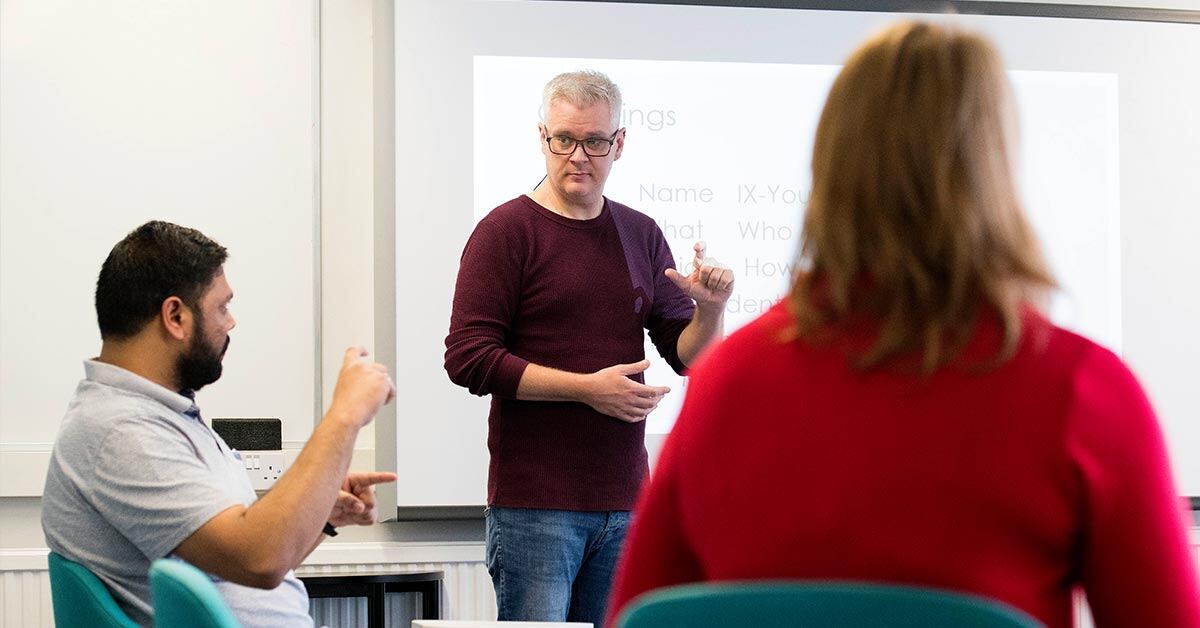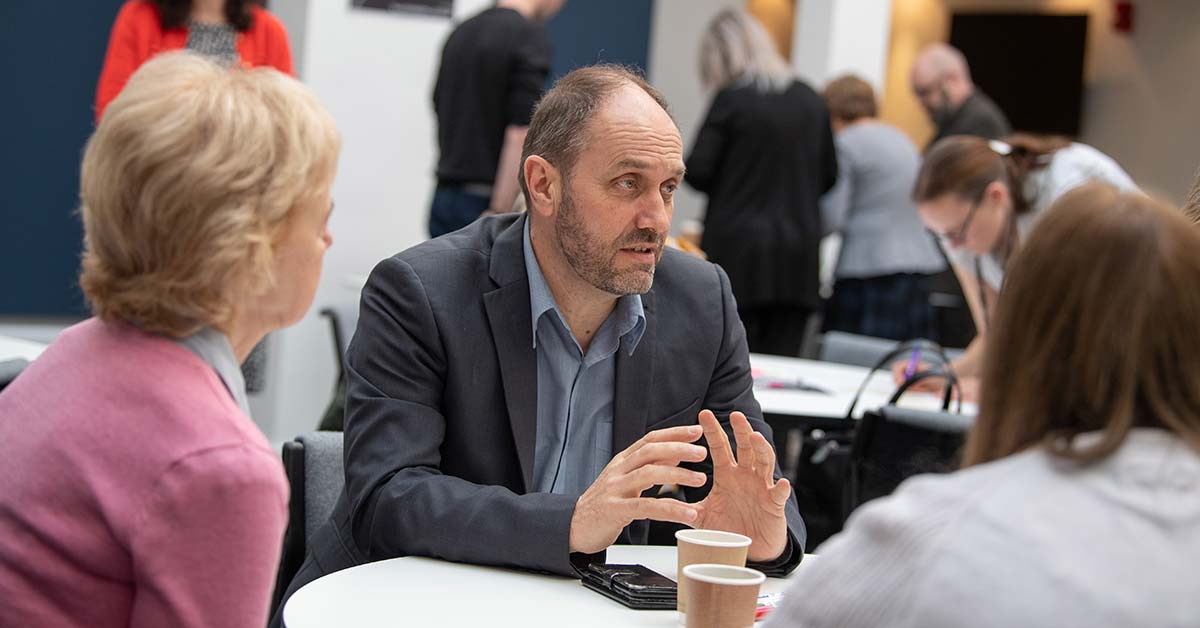
The different functions of human resource management
The human resource management (HRM) department of a business or organisation plays a critical role in the recruitment, hiring, training and management of employees.
The many different HRM functions involved in these specialist activities open up opportunities for a diverse, exciting career. Below, we take a look at some of the key HRM specialisms.
What is human resource management (HRM)?
Also referred to as human resources (HR) or personnel, HRM describes the management and development of employees within an organisation.
According to the Chartered Institute of Personnel Development (CIPD), the definitive guide to people management for more than a century: “Through the people professionals who work within it, the HR function helps an organisation deliver its corporate strategy and objectives by effectively recruiting and developing people and managing their performance.”
What are the different functions within human resource management (HRM)?
For over a century, CIPD has led the transformation of organisations across the globe, advocating better global working conditions and establishing professional standards for HR and people development.
The CIPD’s Profession Map, which guides the professional development of CIPD’s 160,000 members around the world, as well as their employers, sets out both the core and specialist behaviours and knowledge required to build and advance an HR career.
It identifies 10 specialist disciplines within the function as a whole: employee experience; employee relations; equality, diversity and inclusion (EDI); learning and development (L&D); organisation development and design (OD&D); people analytics; resourcing; reward; talent management; and wellbeing.
Employee experience
Underpinned by communications, feedback and engagement, can incorporate the establishment and monitoring of onboarding, management practices, and staff satisfaction, to create a positive employee experience, one where staff have a voice and trust the line management relationship.
Employee relations
Focuses on the legalities of employment practice, including dealing with contractual and legal matters, tribunals and labour disputes, workplace conflict, staff consultation and liaison with staff representative bodies, such as trade unions.
Equality, diversity and inclusion (EDI)
Through education, training, policy and practice, EDI specialists aim to eradicate prejudice and discrimination, using data (quantitative and qualitative) to track inclusion and performance in areas such as recruitment, promotion, access to training, retention and attrition.
Learning and development
Helps to create a learning culture, identifying the capability and skills gaps of individuals, teams and the organisation as a whole, then supporting the development and delivery of staff training, both in-house and external.
Organisation development and design (OD&D)
OD&D helps organisations change and adapt, first designing the operating models, structures, frameworks, systems and metrics required, then using behavioural science to deliver changes to culture, values, capability, behaviours, relationships and ways of working.
People analytics
Provides the business intelligence and insight needed to inform strategic decision-making, developing appropriate research, various analysis methodologies, and ways to capture, store and model statistics and other data.
Resourcing
Uses labour market knowledge and workforce planning to advise line managers on the best means to attract, recruit and retain appropriate staff in an effective, efficient and timely manner, designing effective candidate assessment and selection approaches, as well as progression and succession planning.
Reward
Develops different reward and benefit packages, such as salary, bonuses, senior staff remuneration, location expenses, pensions, healthcare. Involves creating benchmarking data, understanding organisational and individual value, and adhering to relevant legislation and reporting requirements.
Talent management
Similar to resourcing, talent management seeks to attract, identify, develop, engage, retain and deploy individuals who are considered particularly valuable to an organisation.
Wellbeing
Devises, implements and monitors the strategy and practices needed to create a positive working environment and promote wellbeing, reducing stress and avoiding accidents, injury or ill-health, and improving individual and organisational performance.
How can UCLan help?
If you are considering a career in human resources, our CIPD-accredited MSc Human Resource Management has been developed to equip you with an advanced knowledge and understanding of the skills, behaviours, and activities required to manage and lead people in a variety of organisational settings.
Offering a route to senior HRM management, either as a generalist or specialist within the field, our accreditation indicates that course content has been mapped to the skills and behaviours identified within CIPD’s Profession Map.
You’ll gain an appreciation of the ways in which workforce planning can help organisations respond to changing needs, and how to devise and implement HRM processes for organisations that operate across multiple nations and cultures.
On successful completion, you’ll also be awarded the CIPD Level 7 Advanced Diploma award – the highest level of qualification offered by the CIPD – giving you eligibility to apply for Associate Membership (fees will be payable) and subsequently Chartered Member status (with the relevant experience).
Are you ready to bring out the best in yourself and others? Discover UCLan’s online MSc Human Resource Management:
Related Articles
See all news
How does HR support employees?
Explore the essential role of HR teams in business, supporting employees through onboarding, talent...
Read the story
Your Guide to HRM Software
Discover how HRM software can revolutionise your business efficiency and employee management with...
Read the story
How does culture affect HR management?
Gain a deeper understanding of how HR teams must consider employee culture, how to do so, and the...
Read the story